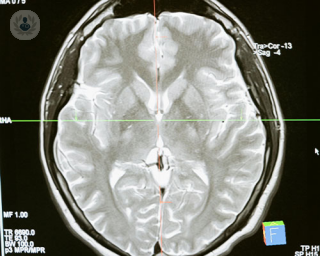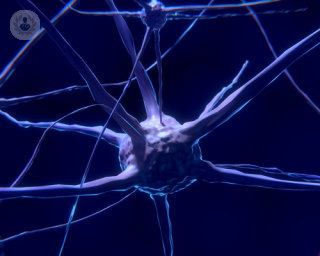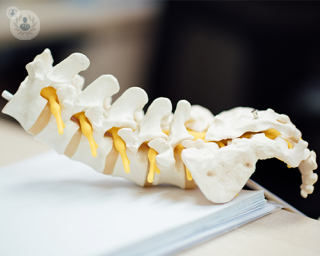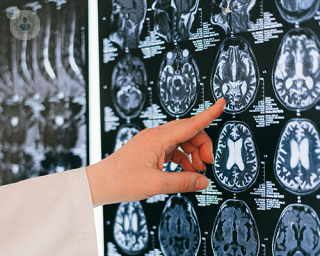
Por Mr Fahid Rasul
09.01.25
Neurocirugía
Surgery for a lumbar disc prolapse (slipped disc)
Surgery for a lumbar disc prolapse, also known as a herniated or slipped disc, is typically recommended when non-surgical treatments have failed, or the condition is causing severe symptoms like persistent pain, significant nerve compression, or loss of bladder or bowel control. The goal of surgery is to relieve pressure on the affected nerves, alleviate pain and restore mobility and quality of life.


















